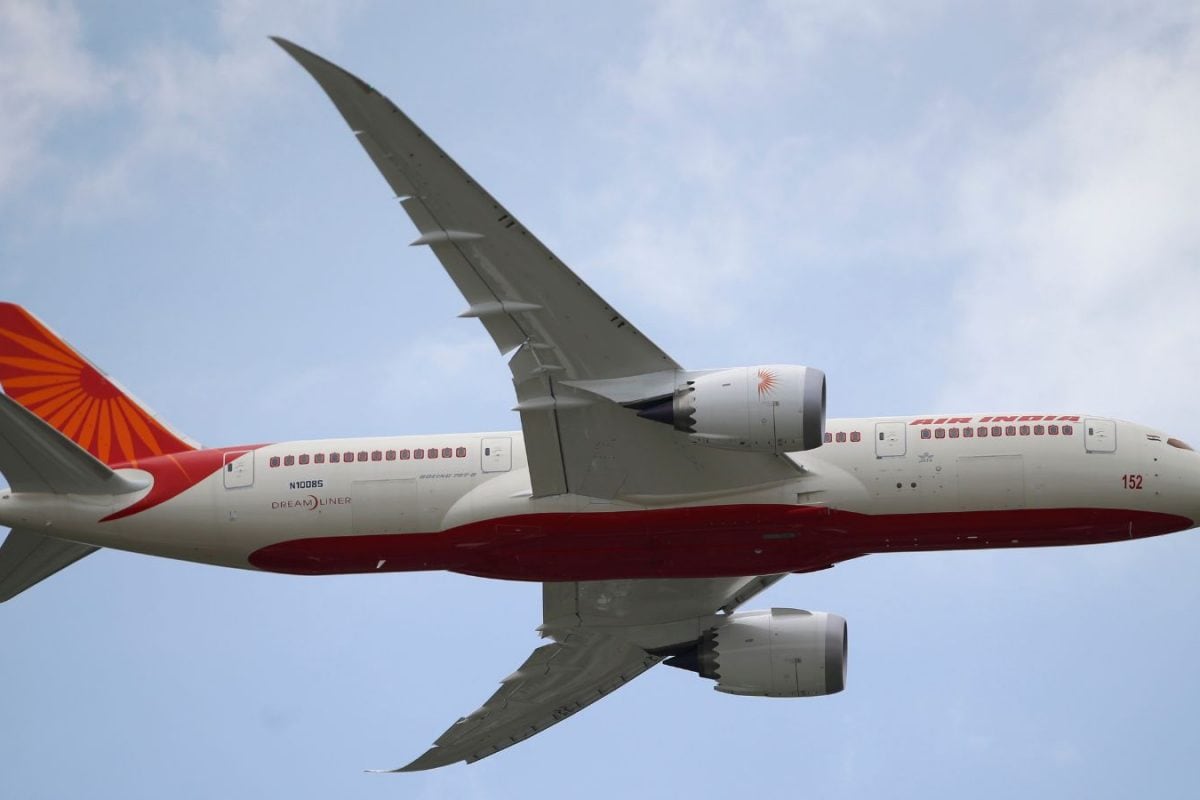

A recent incident involving an Air India flight has prompted a thorough investigation by the Directorate General of Civil Aviation (DGCA). The Air India AI-187, a Boeing 777 en route to Vienna, experienced a significant altitude drop shortly after taking off from Delhi at 2:56 am on June 14. The aircraft descended approximately 900 feet, triggering stall warnings and cautions from the Ground Proximity Warning System (GPWS).
The incident occurred as the flight flew through severe thunderstorm conditions over Delhi. The wide-body aircraft, registered VT-ALJ, received a "stick shaker" alert, a severe warning that violently shakes the flight controls to alert pilots of an impending aerodynamic stall. The GPWS issued two "don't sink" cautions, further compounding the situation.
According to officials, the crew received a stick shaker alert, which is designed to immediately draw the pilots' attention and demand corrective action. "The aircraft was involved in an inflight occurrence of stick shaker and GPWS caution. Soon after takeoff, stick shaker warning and GPWS don't sink caution appeared. Stall warning came once and GPWS caution came twice. There was an altitude loss of around 900 feet during climb. Subsequently, the crew recovered the aircraft and continued the flight to Vienna," officials familiar with the incident told ANI.
Following the incident, the pilots managed to regain control of the aircraft, and the flight continued safely to Vienna, landing after a total flight time of 9 hours and 8 minutes. However, the near-disaster has led the DGCA to launch a formal investigation. As part of the investigation, both pilots have been grounded, and Air India's Head of Safety was summoned on June 17.
Initial reports from the pilots mentioned only the "stick shaker due turbulence after takeoff," omitting the ground proximity and stall warnings. However, a review of the flight data revealed that the onboard systems issued multiple alerts that were not fully reflected in the initial pilot report.
This incident occurred just 38 hours after the fatal crash of Air India flight AI-171 in Ahmedabad on June 12, in which 241 of 242 passengers died. The DGCA has also ordered additional pre-departure technical inspections for the airline's Boeing 787 fleet, starting on June 15. A recent DGCA safety audit had already flagged recurring maintenance issues and inadequate defect rectifications across Air India's fleet. In response to the AI-171 crash, India's aviation regulator, the DGCA, requested detailed training records for the pilots and dispatcher of the crashed Air India Dreamliner. The DGCA also asked flying schools nationwide to carry out compliance checks on safety procedures, training, and coordination, and told airports to hold full-scale emergency drills by June 30.